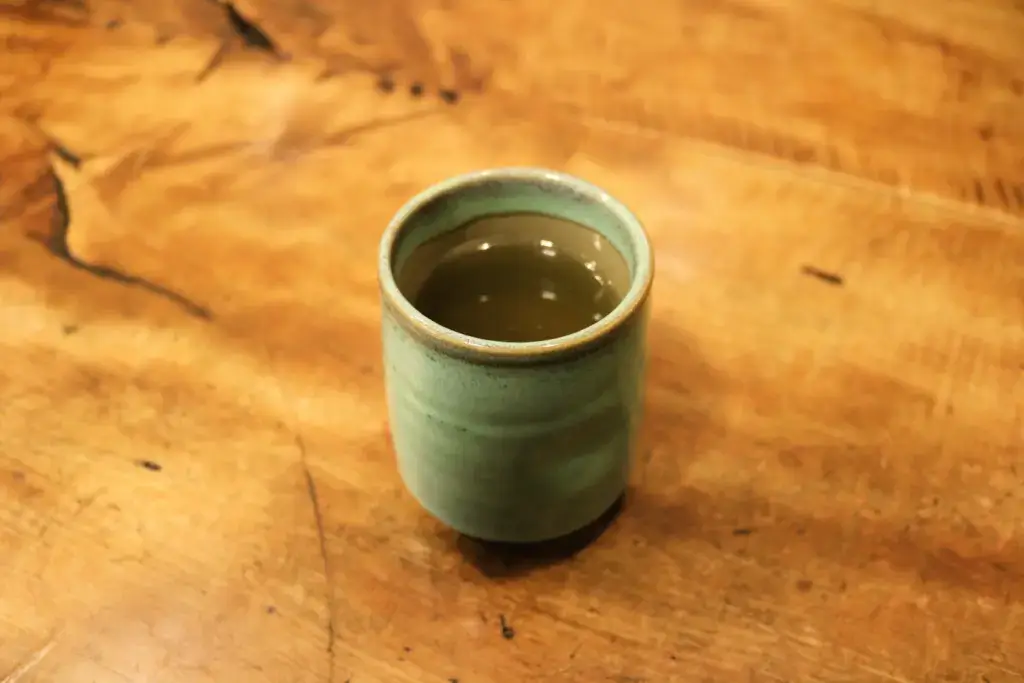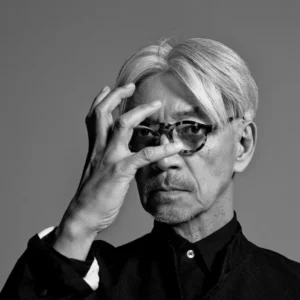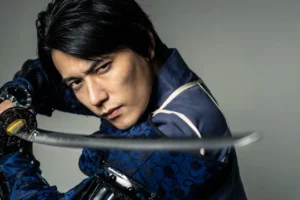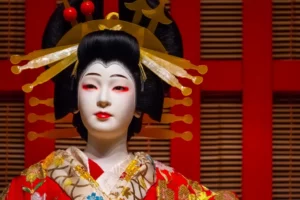Japanese pottery has a long history and is part of the country’s culture and traditions. Among these items is the yunomi teacup. While they may seem humble, these cups are filled with history, making them more than just practical objects. As a symbol of Japanese tea culture, these teacups represent the fusion of practicality and beauty.
Table of Contents
ToggleWhat is the history of Japanese pottery?
Japanese pottery has roots dating back to the Jomon period (14,000-300 BCE). These early creations served practical purposes like cooking and storage. In the Nara (710-794 CE) and Heian (794-1185 CE) periods, Chinese influences shaped Japanese pottery, developing high-fired stoneware and glazed porcelain techniques. The importance of the tea ceremony in the Kamakura period enhanced pottery, raising the status of ceramics and building a connection to Zen Buddhism.
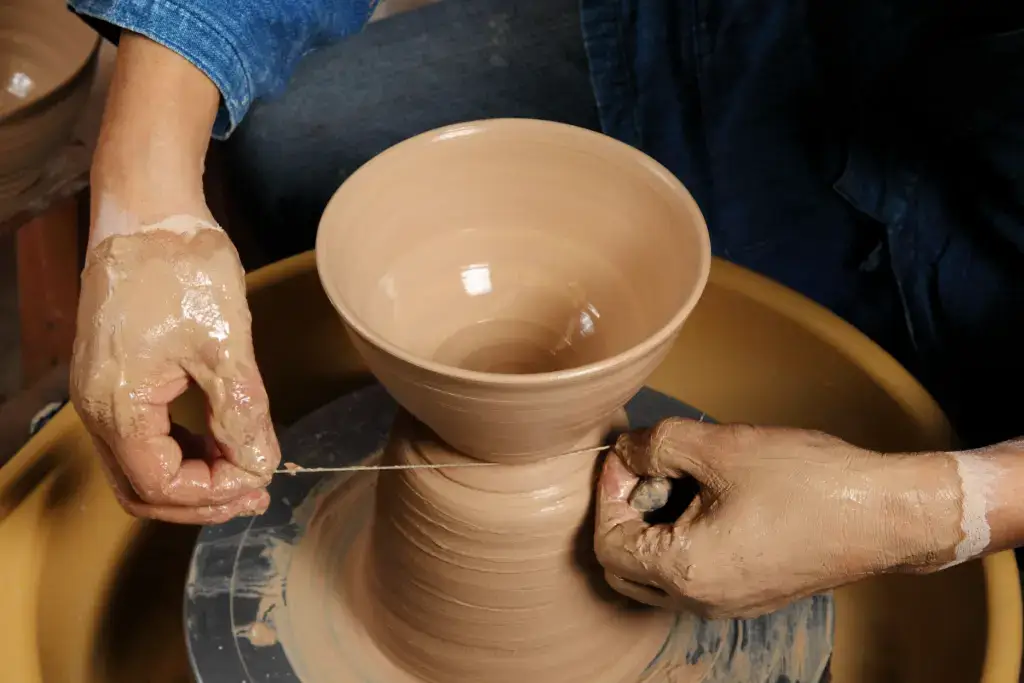
By the Edo period (1603-1868), regional kilns like Seto, Shigaraki, and Bizen had developed distinct styles. This period created popular pottery styles like Satsuma, Kutani, and Imari, each with unique glazing and designs. Pottery became embedded in daily life and rituals, especially the tea ceremony. Influential tea masters popularized rustic, handmade ceramics that embodied the “wabi-sabi” philosophy—finding beauty in imperfection.
How are yunomi teacups made?
Yunomi teacups are made using techniques that have been passed down for centuries. Artisans shape these cups from clay on a potter’s wheel. After shaping, they undergo a glazing stage where each cup receives a coating that improves its texture and durability. The glazing adds unique patterns and colors, making every cup slightly different. Once glazed, the cups are fired in a kiln, producing a beautiful and functional product.
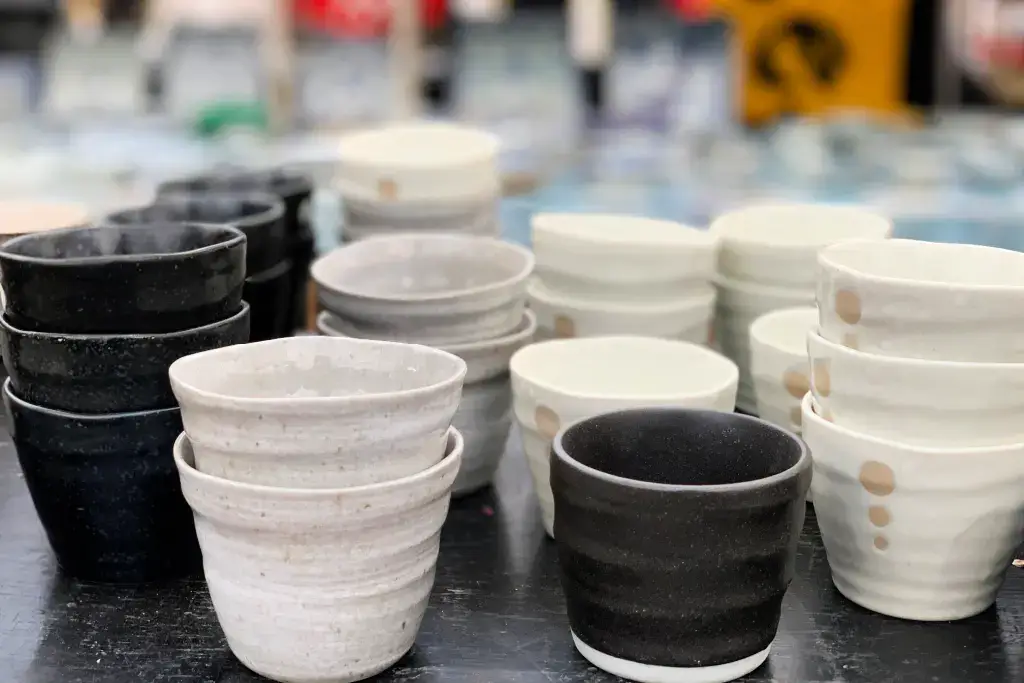
The firing process plays a crucial role in defining the look and feel of each yunomi. Some cups are wood-fired, which imparts an earthy, rustic appearance, while others may showcase intricate, hand-painted designs. Regardless, the craftsmanship and attention to detail ensure that every cup is a work of art. The delicate balance of form, function, and beauty sets yunomi teacups apart in handmade ceramics.
Are you looking for great snacks to pair with afternoon tea? Check out Sakuraco! Sakuraco delivers traditional Japanese snacks, sweets, tableware, and more from local Japanese makers right to your door, perfect for a pleasant snack time at home!
What’s the difference between yunomi, chawan, and ochoko?
Understanding the differences between these three can help when choosing the right cup. The yunomi is a tall, cylindrical cup designed for everyday tea drinking. Chawan bowls, on the other hand, are used specifically in the Japanese tea ceremony and are wider and shorter. They are also designed for preparing and drinking matcha. Ochoko is a small cup used for drinking sake and much smaller than its tea-drinking counterparts.
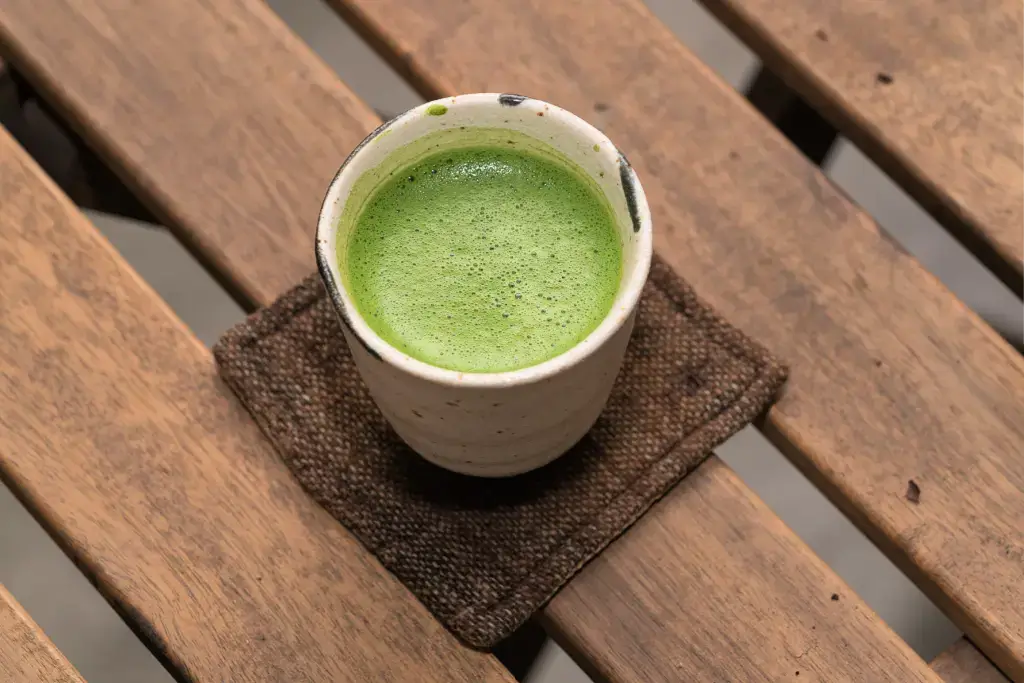
While these vessels have different functions, they all share the same craftsmanship that defines Japanese pottery. Yunomi cups are practical yet elegant, perfect for daily use, while chawan bowls are more ceremonial and used in the sacred rituals of tea preparation. Ochoko cups, though smaller and designed for sake, share the same attention to detail that makes Japanese ceramics unique.
What are meoto yunomi?
Meoto yunomi are a pair of teacups designed to symbolize the bond between a husband and wife. The word “meoto” translates to “husband and wife” in Japanese, and these sets reflect the relationship between two individuals. Typically, one cup is slightly larger to represent the husband, while the smaller cup symbolizes the wife.
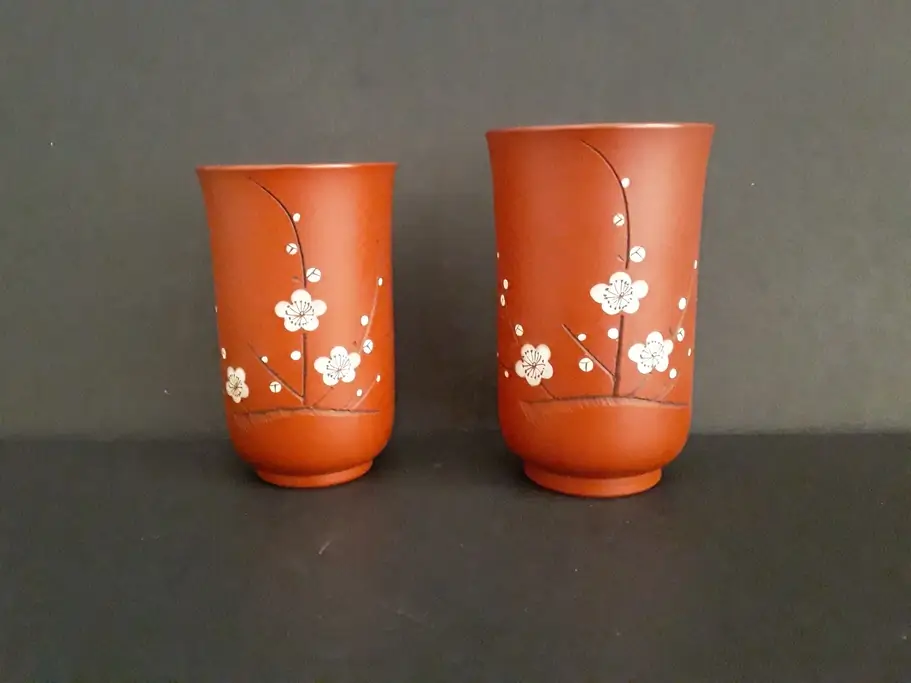
Despite the difference in size, the two cups are designed with complementary patterns and colors, emphasizing unity and balance. This symbolic pairing makes these teacups a meaningful and thoughtful gift, especially for weddings, anniversaries, or other significant life events celebrating partnerships.
Why should I get a yunomi as a gift?
Yunomi teacups make exceptional gifts, combining beauty, tradition, and functionality. People love gifting them because they represent an appreciation for fine craftsmanship. These cups are perfect for anyone who enjoys tea or appreciates artistic, handmade items. Whether for special occasions or simply as a token of appreciation, these traditional teacups serve as elegant gifts that can be used daily.
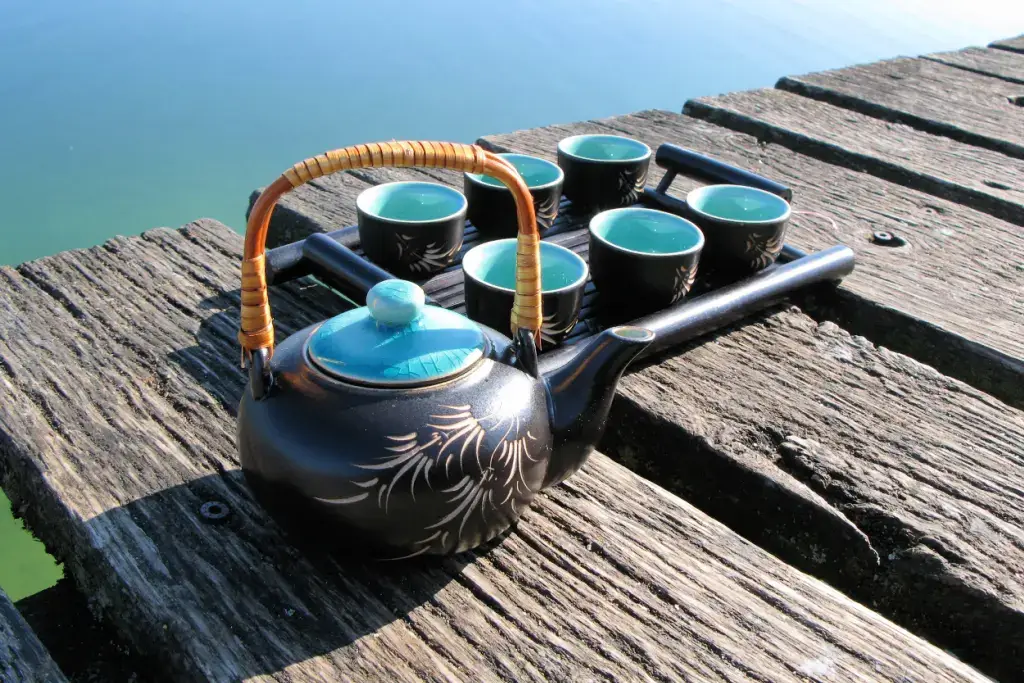
Gifting a yunomi symbolizes an understanding of Japanese art and culture, making it thoughtful and personal. For tea lovers or collectors, receiving one is like being given a piece of history and craftsmanship. The uniqueness of each handmade cup also ensures that no two are exactly alike, making the gift feel even more special. By choosing a yunomi as a gift, you offer something functional and filled with cultural richness. Have you ever had a yunomi? What do you like most about it? Share your thoughts in the comments below!

